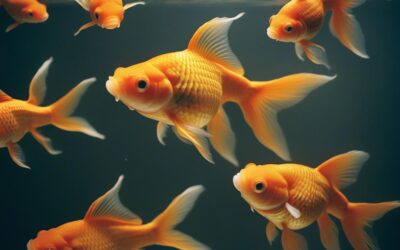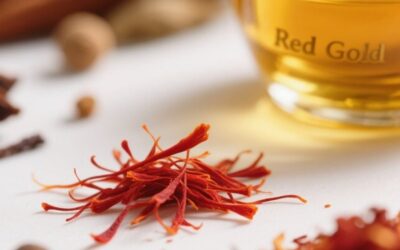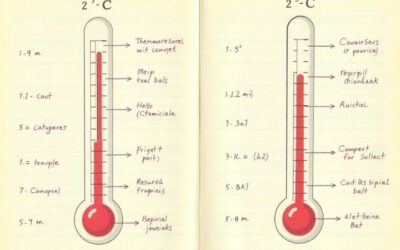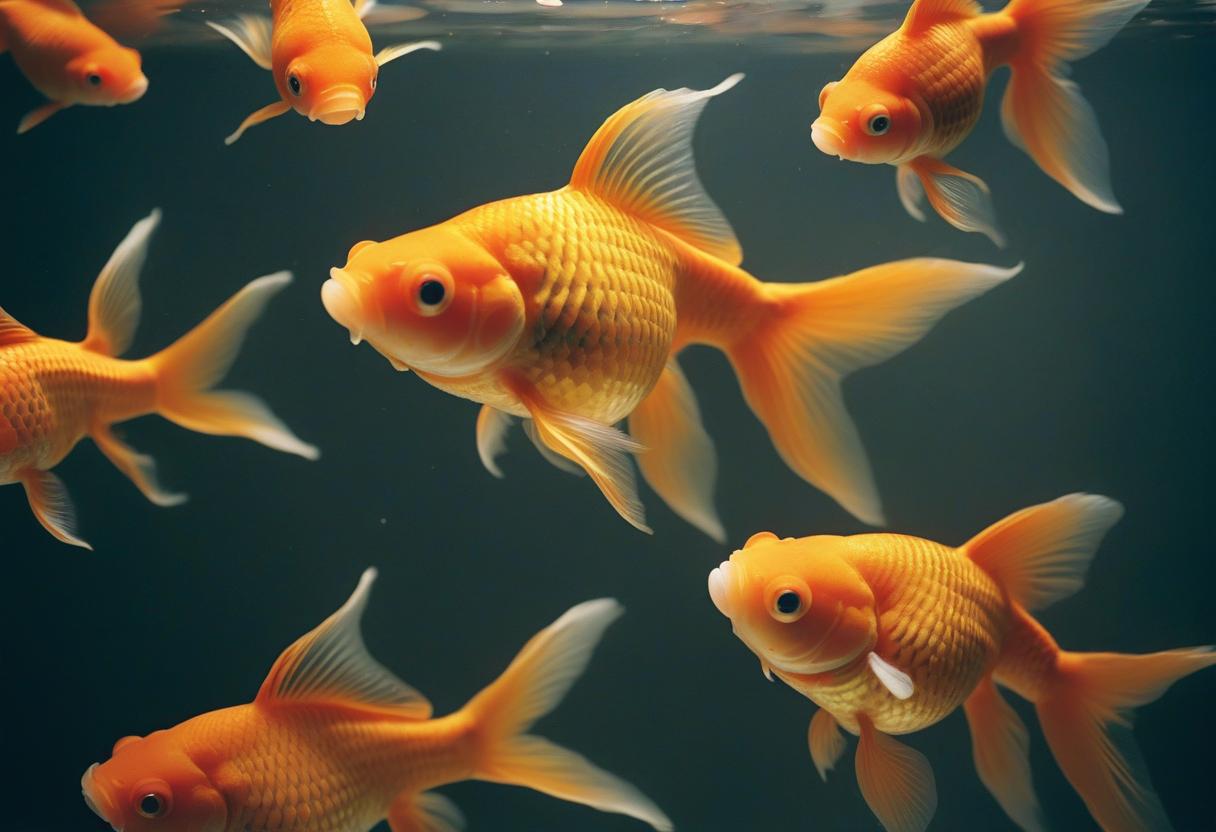Goldfish are among the most beloved and low-maintenance pets, swimming their way into the hearts of fishkeepers worldwide. But if you’re a goldfish owner, you’ve likely asked yourself at least once, “How long can my goldfish go without food?” Whether you’re planning a weekend getaway or caught in an emergency, it’s essential to understand their dietary needs to ensure they stay healthy and happy.
This blog will dive into how long goldfish can survive without food, what factors influence their ability to fast, and how to prepare your tank for short periods when you cannot feed them. By the end, you’ll feel confident in ensuring the well-being of your aquatic friend.
Do Goldfish Need to Eat Every Day?
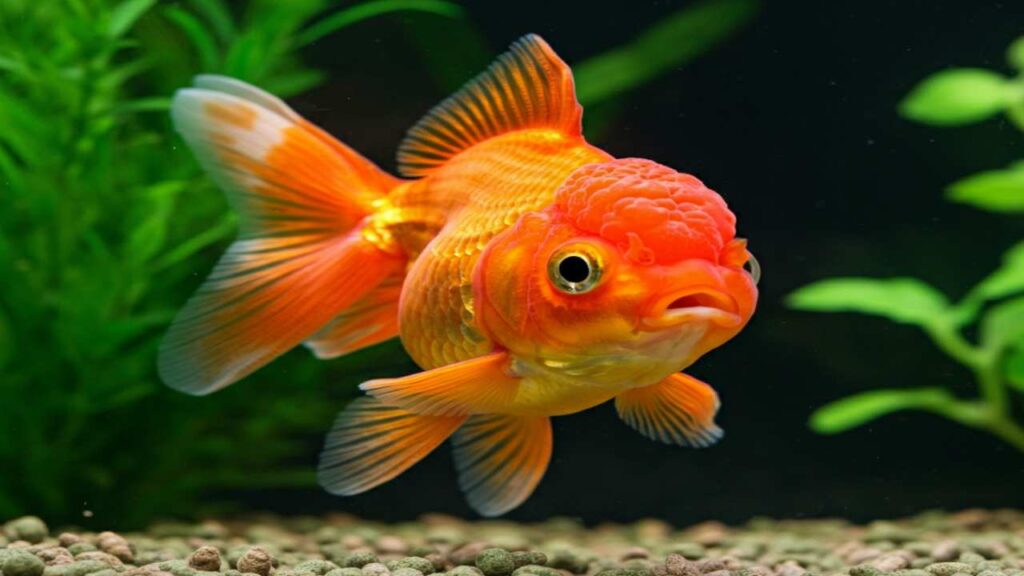
Fishkeeping guides often emphasize consistent feeding routines, and for good reason. Goldfish are naturally opportunistic feeders, constantly foraging for food in their environment. While feeding them daily is the ideal scenario, it’s important to note that goldfish have adaptable metabolisms, especially compared to other pets.
Their feeding needs depend primarily on age, size, water temperature, and overall health. Young, growing goldfish, for example, require more frequent meals to fuel their development, while adult goldfish can endure more extended periods without food due to their slower metabolic rate.
Key Tip:
For optimal health, a typical adult goldfish thrives on being fed small portions 2-3 times daily, ensuring they consume all the food within two minutes to avoid overfeeding and water contamination.
How Long Can Goldfish Go Without Food?
Under controlled conditions, goldfish can survive without food for 7 to 14 days. However, this doesn’t mean they’ll remain healthy during extended fasting periods.
Goldfish rely on stored fat reserves for energy when food is scarce. While fasting for a few days won’t usually harm an adult goldfish, prolonged periods can weaken their immune system, slow their metabolism, and potentially affect their long-term health.
Factors That Influence How Long Goldfish Can Go Without Food:
Water Temperature:
The temperature of the tank significantly impacts a goldfish’s metabolism. Warm water (above 70°F/21°C) accelerates their metabolism, making them hungrier and requiring more energy. Conversely, their metabolism slows in calmer water (60°F/15°C or lower), allowing them to fast for extended periods.
Age and Size:
Juvenile goldfish require consistent feeding since they lack sufficient fat reserves. With larger fat stores, adult goldfish are better equipped to endure fasting.
Tank Environment:
Aquatic plants, algae, and biofilm within a well-established tank can provide goldfish with small amounts of natural sustenance if you forget to feed them or are away for a day or two.
Health Status:
Healthy goldfish are more likely to survive longer fasting than fish already stressed or sick.
Rhetorical Question:
Are you thinking about leaving for a weekend trip? Will your children survive without that Saturday morning breakfast? Please keep reading for actionable steps to ensure their safety.
How to Prepare Your Goldfish for a Short Trip
If you’re planning to be away for a few days, there are practical measures you can take to ensure your goldfish remains comfortable and well cared for in your absence.
Feed Them Before You Leave
Offer your goldfish a healthy meal before you go. Avoid overfeeding to “make up” for the upcoming fasting period, as uneaten food can rot and spoil the water quality.
Use an Automatic Feeder
Automatic feeders are a lifesaver for pet owners. These devices can be programmed to dispense food at specific times, ensuring your fish receives consistent feeding even when you’re away.
Add Live Plants to Their Tank
Live plants like Java Moss or Duckweed enhance your goldfish’s environment and act as a natural food source. Your goldfish can nibble on them if they feel peckish.
Ask for Help
If you’re gone for more than three days, enlist the help of a trusted friend, neighbor, or pet sitter to feed your fish. Be sure to leave clear instructions on portion sizes to prevent overfeeding.
Reduce Water Temperature
Lower your tank’s water temperature slightly (but within the safe range for goldfish) to slow their metabolism and reduce their energy needs.
Pro Tip:
Avoid using vacation blocks. These hardened blocks dissolve slowly in water to release food but can lead to spikes in water chemistry, potentially harming your fish.
What Happens If Goldfish Go Too Long Without Food?
While goldfish are resilient creatures, extended periods without food can have serious consequences:
Weakened Immunity:
Prolonged fasting can compromise their immune system, leaving them vulnerable to diseases.
Malnourishment:
Without adequate nutrition, goldfish may experience stunted growth or organ damage.
Behavioral Changes:
Food scarcity can cause your goldfish to become more lethargic or, in some cases, overly aggressive.
If you’ve just returned from an unplanned absence, resist the urge to overfeed them immediately. Instead, gradually resume their regular feeding routine to prevent digestive issues like bloating or swim bladder disease.
Helpful Analogy:
Think of goldfish fasting like skipping meals during a busy week—not ideal, but manageable in moderation. However, imagine going days without eating—eventually, your body (and mood) would take a hit. The same applies to your goldfish.
Frequently Asked Questions
Can goldfish eat algae in the tank?
Yes! Goldfish are natural scavengers who graze on algae or other organic material in their tank, which can help them during short fasting periods. However, algae cannot replace a balanced diet.
What should I do if I forget to feed my goldfish for a day?
Don’t panic. Missing one day of feeding is unlikely to harm your goldfish, especially if they have access to a healthy tank environment. Just resume feeding as usual.
Should I feed my goldfish extra before leaving?
No. Overfeeding before leaving can cause uneaten food to rot in the tank, leading to poor water quality and potential health issues.
Can baby goldfish survive without food?
No, baby (or fry) goldfish require consistent feeding multiple times daily for proper growth and development. They cannot survive extended fasting periods.
Goldfish Care Is All About Balance
While goldfish can endure short periods without food, consistent and balanced feeding is the key to their long-term health and happiness. By understanding their nutritional needs and preparing beforehand, you can ensure your goldfish continue to thrive—even when you’re not home to feed them.
Are you planning a short trip or just looking to improve your tank setup? Start making changes today to give your goldfish the best possible care.










